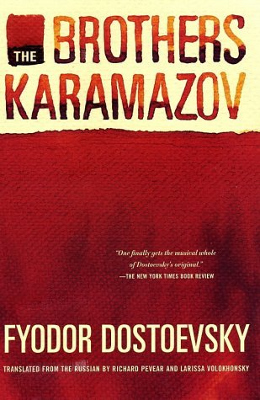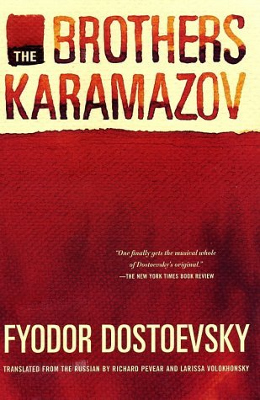
This week’s section, Book 5 of The Brothers Karamazov, was a hard read for me. I was slow to pick up the book, then felt slow as I was reading it. I had particular trouble with Chapter 5: The Grand Inquisitor. I can’t imagine I’m alone in that.
Ch 1: A Betrothal. Alexei goes to the Khokhlakov house. Mrs. K is tending to Katerina Ivanovna, who has fallen ill after Ivan’s departure. Lise and Alexei talk. She is doing wild swings between laughing and being serious, but admits her letter telling him of her love was not a joke. He knows. Mrs. K overhears this, is upset, but Alexei, continuing calm in the crazy-town-banana-pants world around him, just goes on his way to look for Dmitri, who he’s worried about.
Consider, what contempt can there be if we ourselves are just the same as he is, if everyone is just the same as he is? (217)
Ch 2: Smerdyakov with a Guitar. Alyosha looks for Dmitri, finds Smerdyakov, who says Ivan was going to meet Dmitri in a tavern. Ivan insists that Alexei dine with him.
Ch 3: The Brothers Get Acquainted. Ivan shares his belief that he accepts God, but not God’s world. But
With one reservation: I have a childlike conviction that the sufferings will be healed and smoothed over, that the whole offensive comedy of human contradictions will disappear like a pitiful mirage, a vile concoction of man’s Euclidean mind, feeble and puny as an atom, and that ultimately, at the world’s finale, in the moment of eternal harmony, there will occur and be revealed something so precious that it will suffice for all hearts, to ally all indignation, to redeem all human villainy, all bloodshed, it will suffice not only to make forgiveness possible, but also to justify everything that has happened with men–let this, let all of it come true and be revealed, but I do not accept it and do not want to accept it! (235-6)
Ch 4: Rebellion. Ivan says, which made me laugh:
I must make an admission…I never could understand how it’s possible to love one’s neighbors. In my opinion, it is precisely one’s neighbors that one cannot possibly love. Perhaps if they weren’t so nigh…
Ivan goes on to specify that the reason he can’t accept God’s world is suffering, and particularly the suffering of small children. This is Ivan’s own attempt at Theodicy.
Ch 5: The Grand Inquisitor. Ivan narrates and explicates a poem he’s memorized from the 16th century about an Inquisitor who has killed heretics, meets Jesus (who’s visiting, rather like Henry V the night before the Battle of Agincourt), who’s performing miracles, and berates Jesus for not accepting the three temptations (winning over, dazzling by miracles, and overpowering). The inquisitor insists that people do not want to be free. Jesus kisses the inquisitor, who sets him free.
How about that 8+ page “paragraph”? Oh, for a little textual differentiation.
Alexei asks Ivan how he can accept something so depressing, then he kisses Ivan, who is pleased. (As Lise was in Ch 1 when Alexei kissed her; he’s the kissing bandit in this book.) He leaves initially to look for Dmitri, but gets distracted and heads back to the monastery.
Ch 6: A Rather Obscure One for the Moment. And once again, we are led down a side path, and I wonder WHEN WHEN WHEN will we ever meet up with Dmitri again, and be told what all this foreboding is about, though we probably know since we were told WAY BACK ON THE FIRST PAGE OF THE NOVEL that Fyodor Pavlovich Karamazov (the father) dies a “dark and tragic death.” 265 pages in, and apparently it’s STILL not the “proper place.”
But anyhoo, Ch 6: Ivan has violent mood swings over the creepily behaving and passive aggressive Smerdyakov.
Ch 7: “It’s Always Interesting to Talk with an Intelligent Man” Ivan wavers on going to Chermashnya, as FP wants him to do, and urges him to do business with a man with a beard very much like the man Dmitri abused in Book 4. Smerdyakov says the cryptic words of the title to Ivan, then Ivan doesn’t go anyway. FP is convinced that Grushenka is FINALLY going to come to him for money, and the servants are drugged and unconscious, so are we FINALLY going to get his tragic death?
Alas, Book VI is about Zosima, so again, Dostoevsky gives us the Heisman, and we are DENIED.
Lots of theology, rather less of the insane people behaving insanely.
What did everyone else think?

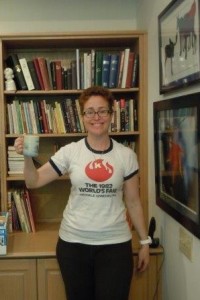


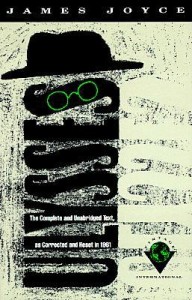
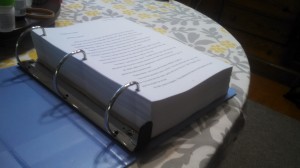

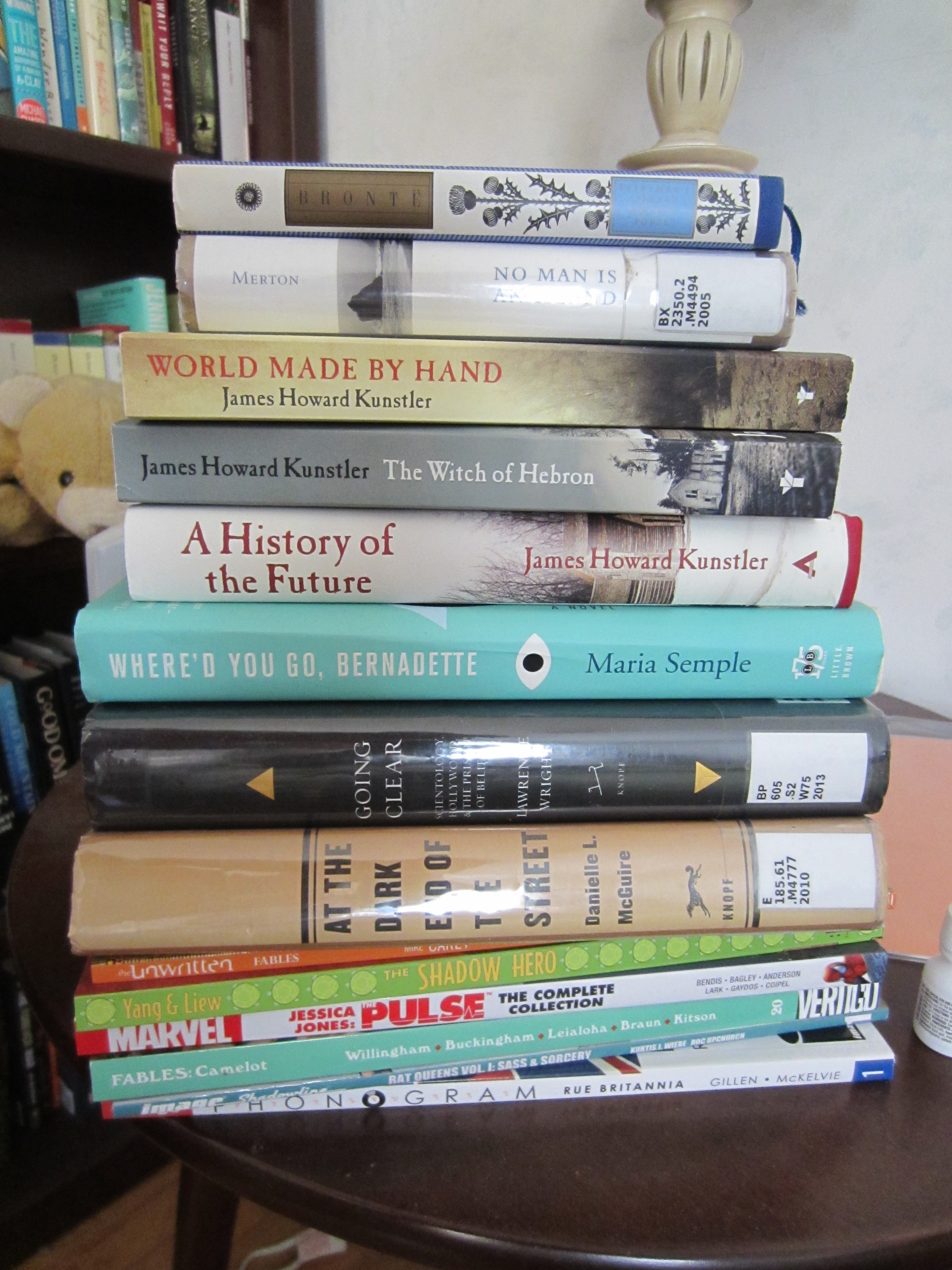
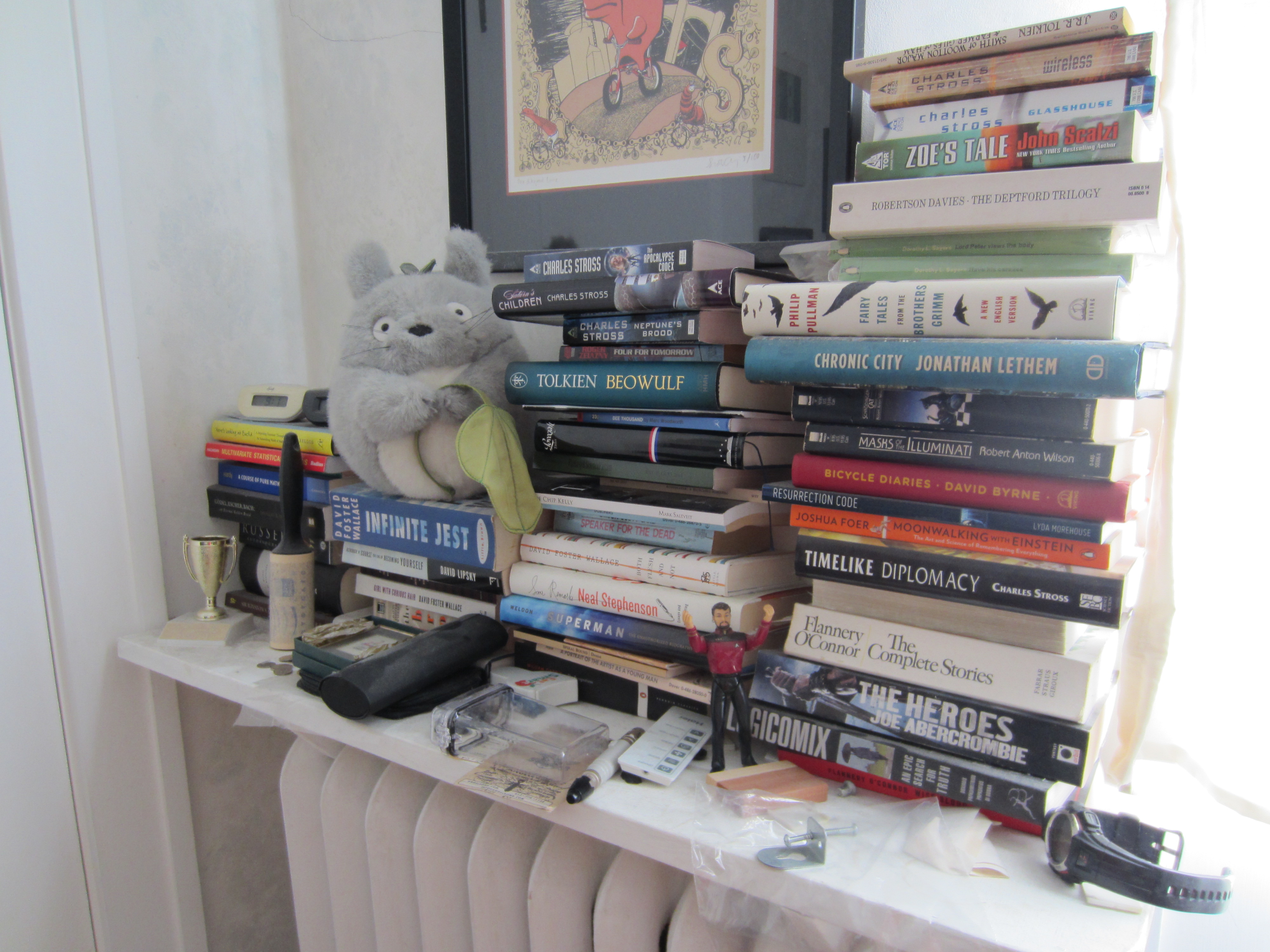
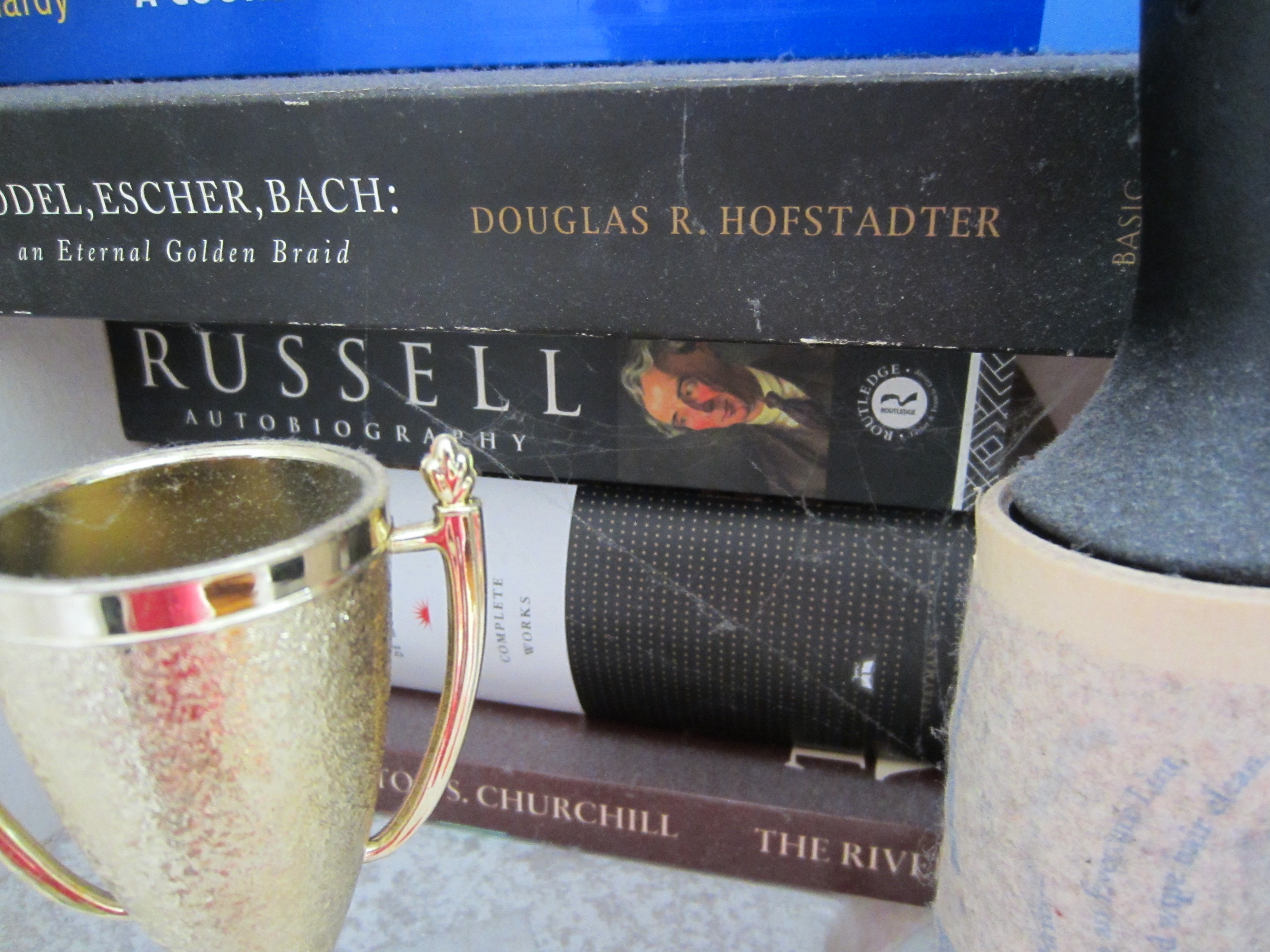
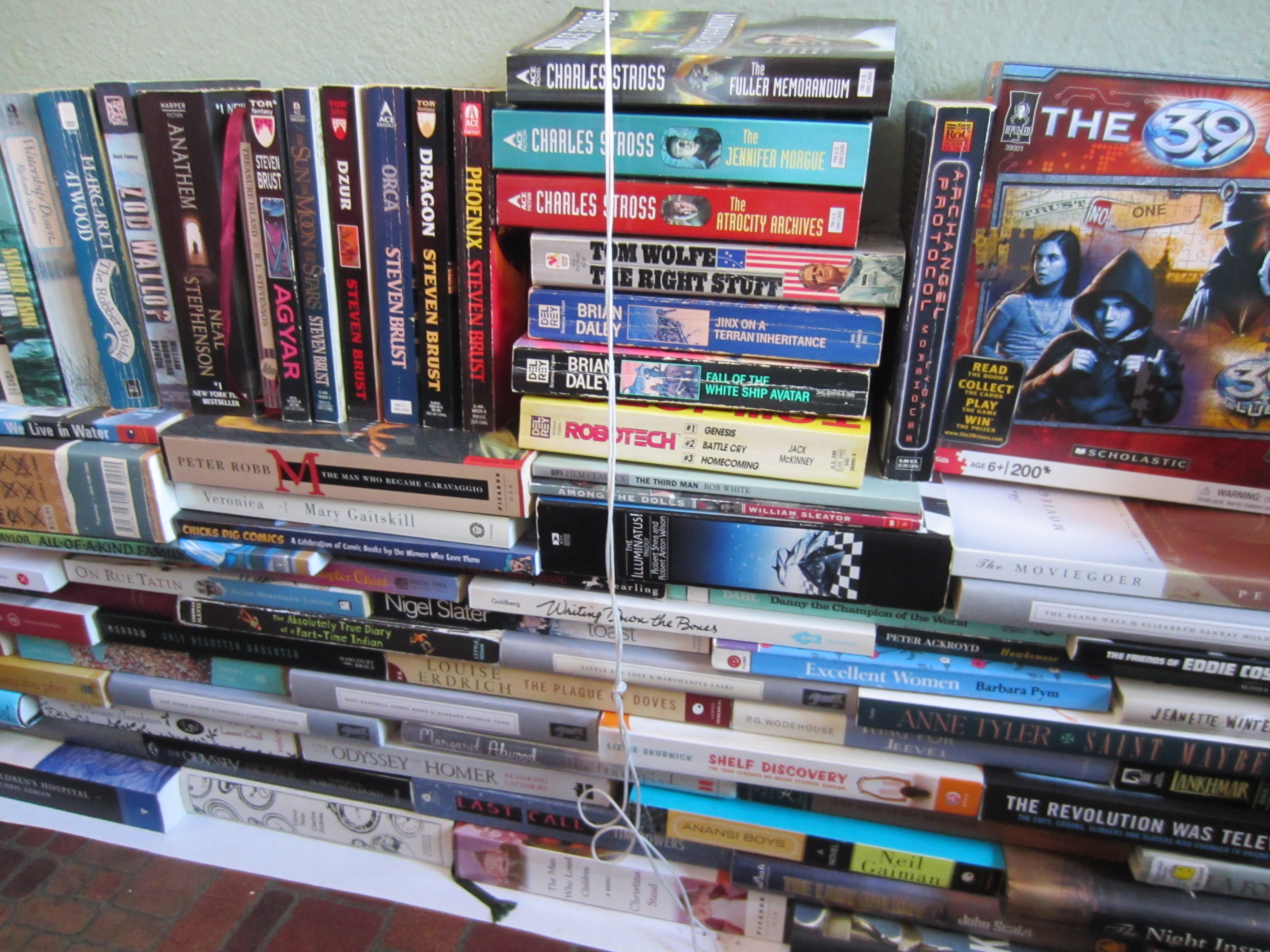
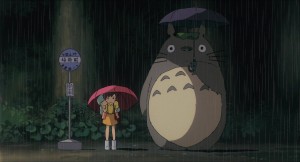
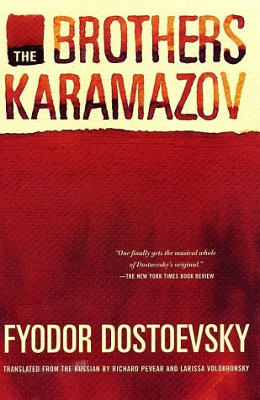 Who’s still with me? Anyone? Anyone? Bueller?
Who’s still with me? Anyone? Anyone? Bueller?

